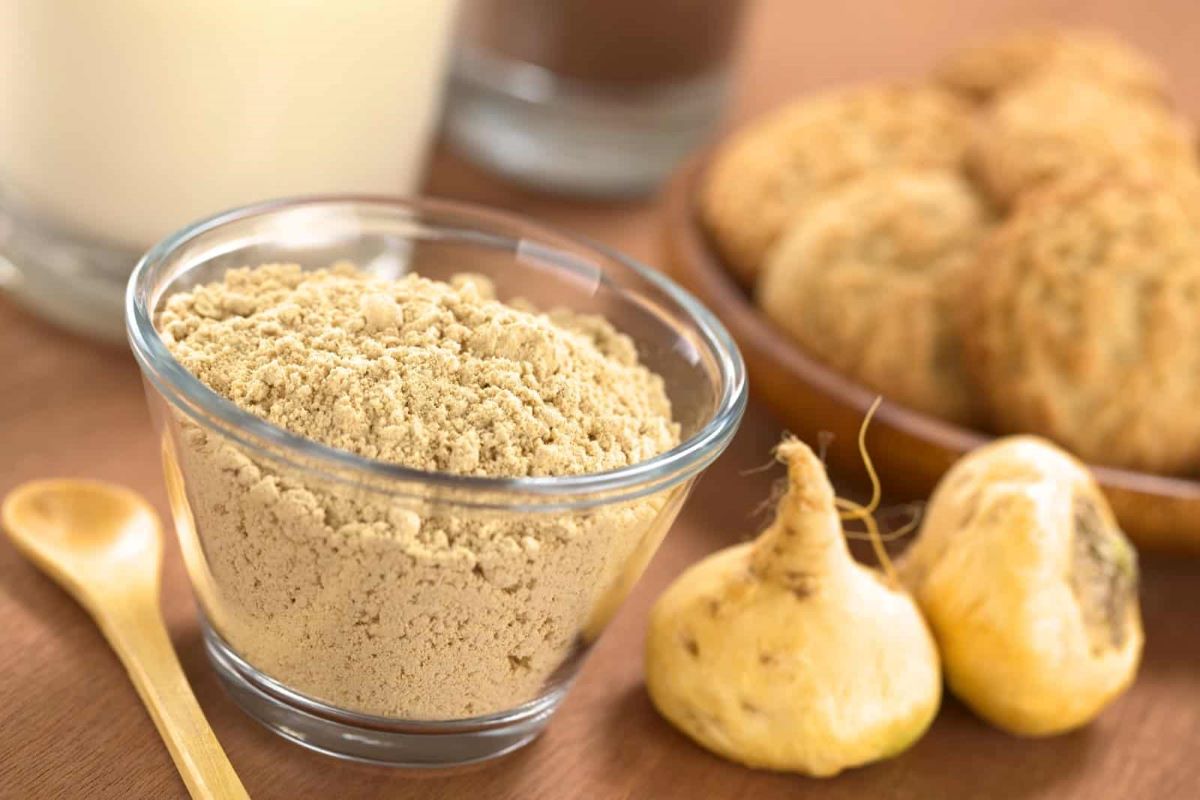Herbal Cures Gone Wrong: Risks to Know
While natural remedies can offer significant health benefits, there’s a fine line between helpful and harmful use. Over-indulgence or mismanagement of these remedies can lead to unexpected health issues. Here’s a rundown of how overdoing it with popular herbal remedies can pose risks to your health.
1. St. John’s Wort

Famous for its antidepressant qualities, St. John’s Wort can be a double-edged sword. Overuse can lead to serotonin syndrome, a potentially dangerous condition, especially if taken with other serotonin-boosting medications.
2. Echinacea

Commonly used to prevent or treat the common cold, excessive consumption of Echinacea can overstimulate the immune system and increase the likelihood of side effects such as nausea and dizziness.
3. Kava

Sought for its sedative effects to relieve stress and anxiety, Kava can be hepatotoxic. Overconsumption can lead to severe liver damage, and it should be used cautiously, particularly by those with existing liver issues.
4. Ginkgo Biloba

While Ginkgo Biloba is popular for enhancing cognitive function, taking too much can increase the risk of bleeding, particularly if you are using blood thinners or have a bleeding disorder.
5. Garlic

Used for everything from lowering blood pressure to fighting colds, garlic supplements in high doses can amplify the risk of bleeding and should be used cautiously if you are on anticoagulants or about to undergo surgery.
6. Vitamin D

While crucial for bone health, excessive intake of Vitamin D supplements can lead to hypercalcemia, which can cause nausea, weakness, and kidney problems.
7. Omega-3 Fatty Acids

Commonly taken for heart health, too much omega-3 can lead to blood thinning in some people, increasing the risk of bleeding, especially if taken in high doses without medical supervision.
8. Aloe Vera

Aloe vera can be consumed to aid digestion, but excessive intake may lead to dehydration and electrolyte imbalances due to its laxative effect.
9. Licorice Root

Licorice root is great for digestive issues, but overuse can result in serious effects like hypertension, edema, and even heart problems due to its interaction with kidney hormones.
10. Cinnamon

Known for its ability to lower blood sugar, too much cinnamon—especially the cheaper Cassia variety—can lead to liver toxicity due to its high coumarin content.
11. Iron

Iron supplements are crucial for preventing anemia, but excessive iron can accumulate in the body, leading to joint pain, fatigue, and severe organ damage.
12. Zinc

Zinc boosts the immune system, but high doses can cause copper deficiency, which in turn can lead to neurological issues.
13. Vitamin A

Excessive Vitamin A can lead to toxicity, presenting symptoms such as liver damage, headaches, and bone pain.
14. Selenium

Though beneficial in small amounts, an overdose of selenium can cause symptoms like gastrointestinal distress, hair loss, and in severe cases, neurological damage.
15. Bitter Orange

Often used for weight loss, excessive intake of bitter orange can cause increased heart rate and blood pressure, posing risks to heart health.
16. Milk Thistle

Used to support liver health, too much milk thistle can potentially alter liver enzyme levels and interfere with other medications.
17. Ginseng

Ginseng is heralded for its energy-boosting effects, but high doses or long-term use can lead to insomnia and fluctuation in blood pressure levels.
18. Turmeric

While turmeric is anti-inflammatory, overuse can cause gastrointestinal issues like indigestion and nausea.
19. Hawthorn

Used for heart health, excessive use of hawthorn can lead to blood pressure fluctuations and heart palpitations.
20. Yohimbe

Known for its aphrodisiac properties, Yohimbe can lead to severe side effects like rapid heart rate, high blood pressure, and anxiety.
Herbal Wisdom: Use with Care

As with any remedy, the key to safely using herbs is moderation and informed consumption. Always consult with a healthcare provider before starting any new supplement regimen, especially if you are already taking other medications. Natural doesn’t always mean harmless, so it’s crucial to be as informed as possible about what you put into your body.
Toxic Talk: 21 Phrases to Never Say to Your Kids

Are you worried about the impact of your words on your child’s well-being? Let’s tackle 21 phrases that might be causing more harm than you realize. Toxic Talk: 21 Phrases to Never Say to Your Kids
Breaking Ties: Recognizing When It’s Time to Go No-Contact with Parents

Deciding to go no-contact with a parent is a profound, often painful choice, but sometimes it’s necessary for personal well-being. Are you grappling with the decision to distance yourself from a toxic parental relationship? Breaking Ties: Recognizing When It’s Time to Go No-Contact with Parents
Stop the Stereotypes: 20 Gender-Based Comments Kids Don’t Need

It’s time to challenge traditional narratives that limit kids’ potential. Here are gender-specific phrases and ideas to avoid, fostering a supportive and open-minded environment for the next generation. Stop the Stereotypes: 20 Gender-Based Comments Kids Don’t Need
Reasons Your Adult Children May Be Pulling Away

Are you wondering why your grown-up kids seem to keep their distance? It might be a good time to look back and consider if some old parenting habits are to blame. Reasons Your Adult Children May Be Pulling Away
Want Happy Kids? Try These 15 Parenting Strategies

Parenting is both a privilege and a responsibility. Here are 15 research-backed strategies to help you raise happy children. Want Happy Kids? Try These 15 Parenting Strategies
The post Herbal Cures Gone Wrong: Risks to Know first appeared on Peachy Fours.
Featured Image Credit: Shutterstock / Ildi Papp.
For transparency, this content was partly developed with AI assistance and carefully curated by an experienced editor to be informative and ensure accuracy.







